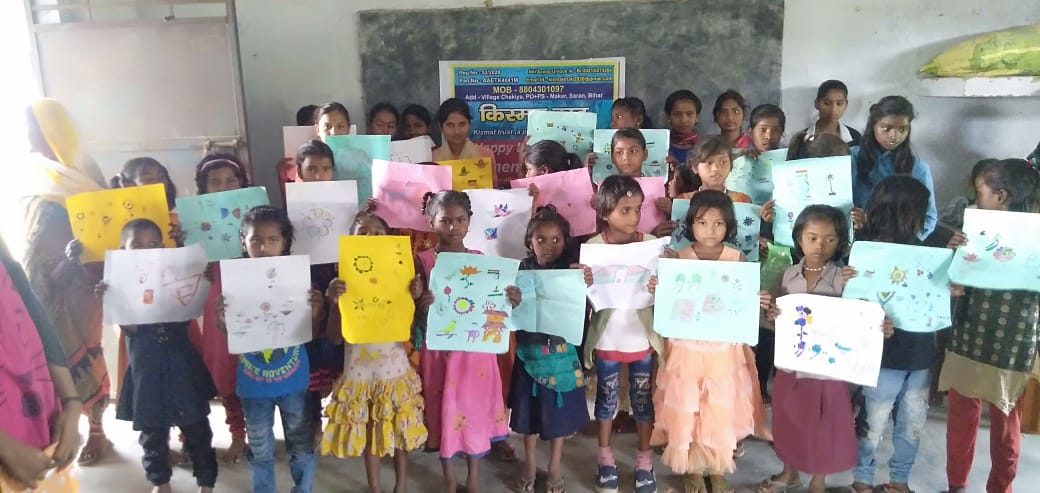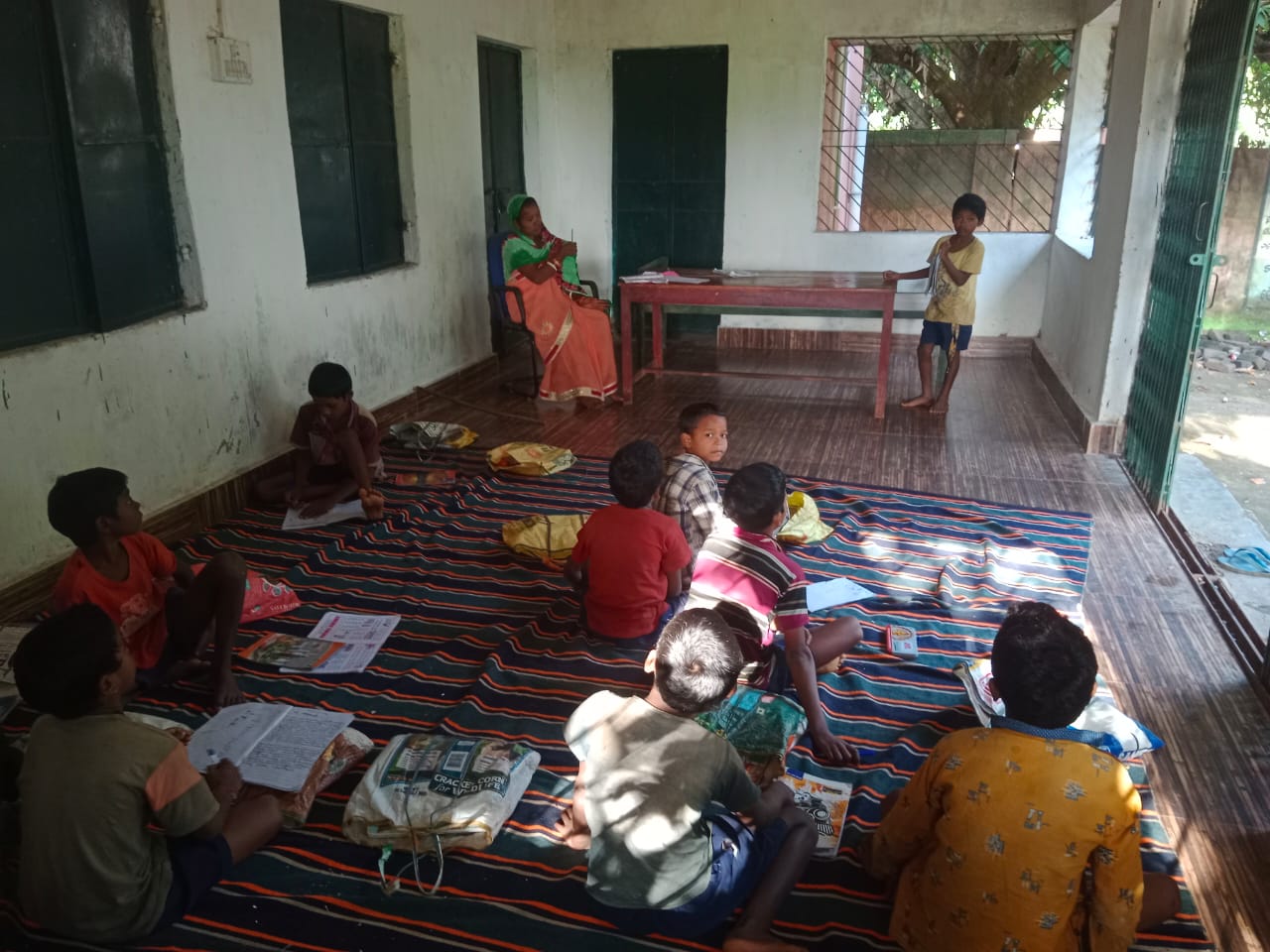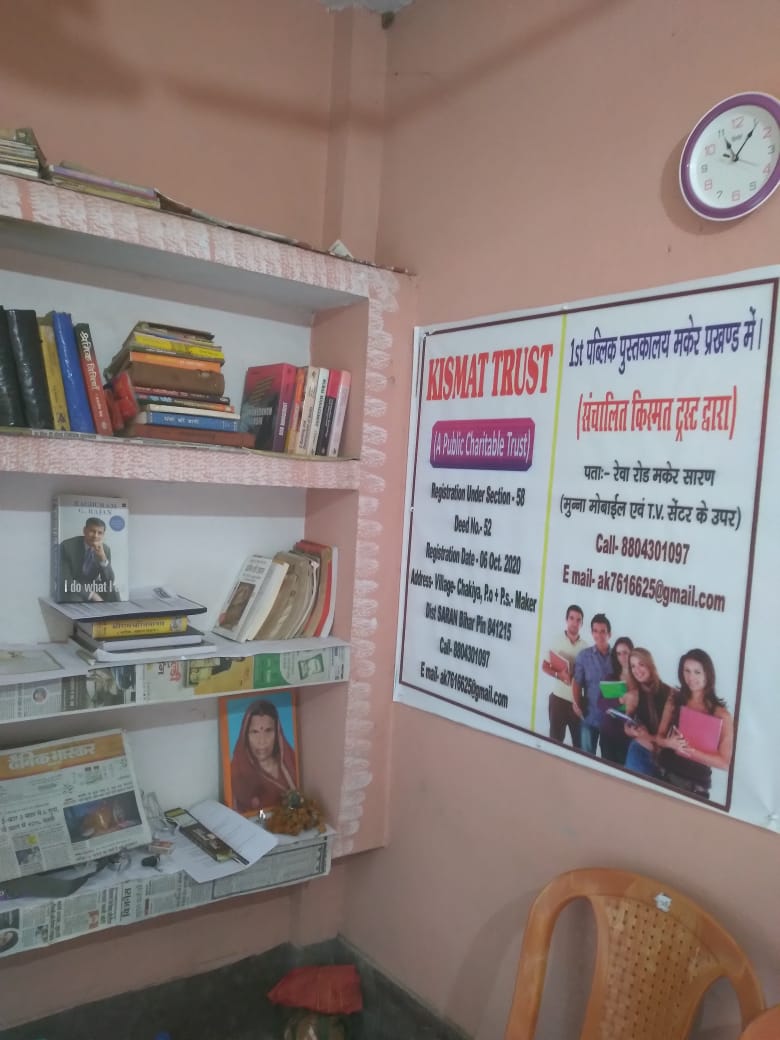What We Do?

We are relentless in driving change to advance children’s rights and equality for girls by working together with children, young people, our supporters and partners.
Quality Education
We promote free, equal access to quality education for all children – from early learning to secondary education.
Every child has the right to access safe, quality education. However, A number of children across the India are out of school and a number of are not learning basic skills as a result of poor quality education.
Girls, children with disabilities, those from minority groups and children living in poor and remote areas are most often denied access to education. This has far-reaching consequences on their futures and those of their families, communities and countries.
We promote free, equal access to quality education for all children – from early learning to secondary education. We work with children, their families, communities, wider society and governments, and advocate at both local and Kismat Trust levels, so that all children are able to get an education.

Protection from violence

We work with communities, families, schools and governments to protect children from harm.
Every child has the right to feel safe, both at home and at school.
Kismat Trust is committed to protecting children from violence and working with the communities, schools and governments who can play an active role in protecting them from harm.
By providing training in child rights, positive discipline and parenting techniques to families and communities, we are helping to ensure children are safe from abuse.
Why? Because acts of violence undermine girls’ self-esteem, their opportunity to finish school, their freedom of movement, and ultimately, their ability to thrive.
- We enable vulnerable children to understand and defend their rights and encourage them to join the girls’ rights movement.
- Young people must have the opportunity to lead change within their own communities.We seek ways to enable vulnerable children to understand and defend their rights.
- Across the world girls suffer injustices every day simply because they are young and female. We aim to help the girls’ rights movement to grow, to take it from grassroots to global, so girls have greater control in their lives.
- We encourage boys and young men to respect girls and women, and empower them to become allies to the global girls’ rights movement.
We increase access to quality sexual health services and eliminate harmful practices such as female genital mutilation and early and child marriage.
Gender inequality and discrimination against girls mean they are often robbed of the right to make their own life decisions – from what happens to their bodies, to when and to whom they marry.
We help vulnerable and excluded children, particularly girls, grow up equally valued and cared for and free from discrimination
Early childhood (the period from birth until the age of 8) is the most important stage of development in a child’s life.
In the early years of a child’s life, especially the first 1,000 days when brain development is at its most rapid, children learn skills that are critical for all aspects of their lives.
For their brains and bodies to develop healthily, young children need parents or caregivers who:
- Create a loving and responsive environment.
- Give their children nutritious food and clean water.
- Protect their children from common illnesses and violence.
- Provide opportunities for play and early learning.
However, millions of young children grow up without the care and services they need to survive and thrive.
We ensure young children receive the nurturing care they need, including during emergencies. Our work improves children’s health, nutrition, play, early learning and safety while challenging limiting and discriminatory gender stereotypes that hold girls back from an early age.
- We increase young people’s access to financial services, financial literacy and entrepreneurship and employment skills training.
- When girls, boys, women and men are empowered with skills they need for working life, they thrive. They can support themselves, their families and communities.
- One-third of the world’s 1.8 billion young people are currently neither in employment, education or training. Of the 1 billion more youth that will enter the job market in the next decade, only 40% are expected to be able to get jobs that currently exist.
- The global economy will need to create 600 million jobs over the next 10 years to keep pace with projected youth employment rates. It’s clear that youth unemployment is an urgent and complex challenge affecting society, the economy and governance globally.
- To address these critical issues, Kismat Trust is working with governments, Kismat Trust organisations and development organisations to increase and improve young people’s access to financial services, financial literacy and entrepreneurship and employment skills training.
- We build communities’ resilience and support children’s right to dignity and protection before, during and after disasters and conflicts.
- Disasters and conflicts threaten children’s rights, prospects and damage the societies they live in.
- Around 1.5 billion people are affected by conflict globally and over 65 million, half of them children, have been forced from their homes due to violence.
- In addition, over 200 million people are affected by disasters caused by natural hazards each year and the effects of climate change are causing increased risks for children.
- We strengthen communities’ resilience and support children’s right to dignity and protection before, during and after disasters and conflicts. Responding to the needs of adolescent girls – who are among the most at risk when disasters strike – is a key focus of our work.
- Last year we responded to 171 disasters globally and carried out 75 education in emergencies programmes and 88 child protection in emergencies programmes.